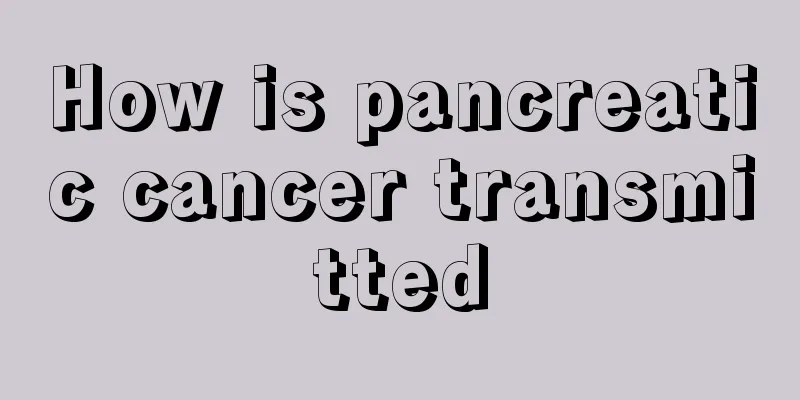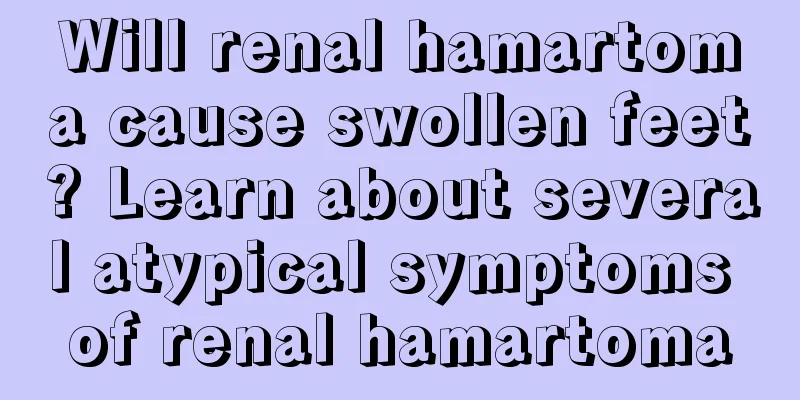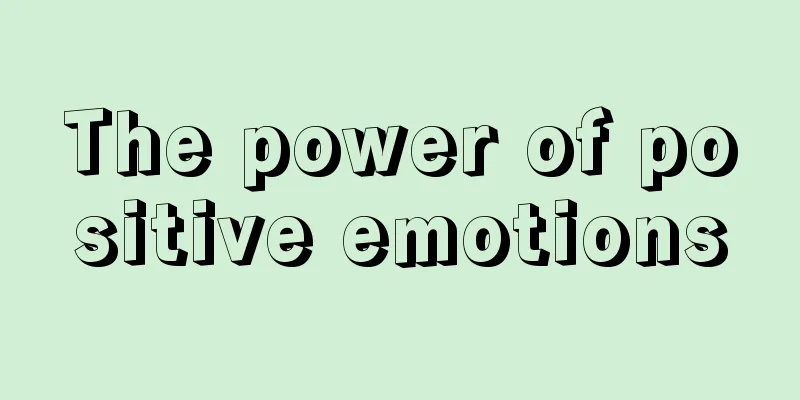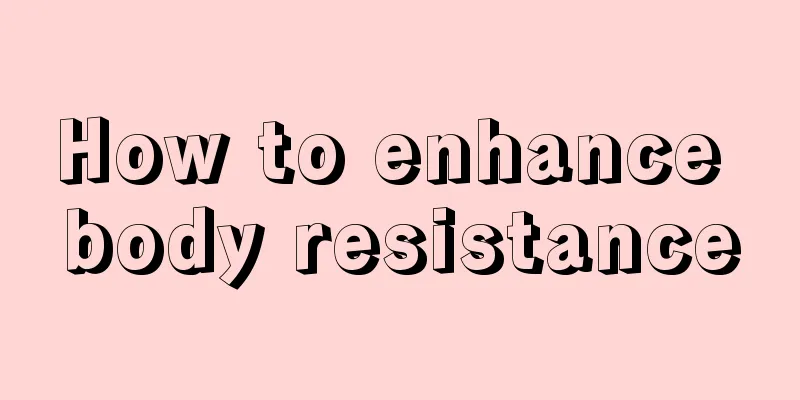How should premature beats be treated

|
Premature beats are a relatively common disease at present. Premature beats are generally divided into several types, and most of them do not require special treatment. Considering the special condition of the patient and frequent attacks, the patient's heart function will not be comfortable, and the digestive function and gastrointestinal function will have problems due to premature beats. Therefore, how patients with premature beats should be treated in normal times has become a matter of concern for many people. treat The treatment principles should be determined based on the presence or absence of organic heart disease, whether it affects cardiac output, and the possibility of developing serious arrhythmias. Most premature beats without organic heart disease do not require special treatment. Those with symptoms should reassure themselves. Sedatives and beta-blockers can be tried for premature beats induced by tension, excessive excitement, or exercise. For patients with frequent attacks, obvious symptoms or organic heart disease, it is advisable to find out the causes and triggers of premature beats as soon as possible and give corresponding treatment for the causes and triggers. At the same time, the potential fatality should be correctly identified, and the causes and symptomatic treatment should be actively treated. In addition to etiological treatment, antiarrhythmic drugs can be used for treatment. Atrial and atrioventricular junction premature beats are mostly treated with Class Ⅰa, Ⅰc, Ⅱ, and Ⅳ drugs that act on the atria and atrioventricular junction, while ventricular premature beats are mostly treated with Class Ⅰ and Ⅲ drugs that act on the ventricles (see the drug classification above, and also see Chapter 7 "Introduction to Clinical Pharmacology"). Potentially fatal premature ventricular contractions often require emergency intravenous medication. Class Ib is preferred. Intravenous lidocaine is still often the first choice in the early stages of acute myocardial infarction. Beta-blockers are often used to treat myocardial infarction unless there are contraindications. Class I drugs are contraindicated in patients with primary or secondary long QT syndrome. For primary patients, beta-blockers, phenytoin, or carbamazepine can be used as an alternative. For secondary cases, the cause should be removed and treatment should be with isoproterenol or atrial or ventricular pacing. Recent studies (CAST 1989) suggest that antiarrhythmic therapy increases the risk of mortality. Even if patients with heart disease control ventricular premature beats, there is no evidence that it reduces the rate of sudden death (except for the use of beta-blockers after myocardial infarction). Therefore, the pros and cons of using antiarrhythmic drugs should be weighed. There have been large series of multicenter trials and long-term follow-up in China on patients with non-myocardial infarction arrhythmias (mainly premature beats). The use of propafenone and moricizine for supraventricular arrhythmias and propafenone, moricizine, and mexiletine for ventricular arrhythmias have shown certain therapeutic effects, and no serious cardiac events have been found. However, close follow-up monitoring of the effects and possible adverse reactions is still required during the use of the medication. Patients with heart failure should be especially cautious. |
>>: What are the dangers of frequent premature beats
Recommend
The 6 best essential oils for winter bathing
Liquid Gold: Rose A must-have essential oil for w...
How to get rid of bitter taste in the mouth and bad breath
In our lives, many people have some bitter taste ...
Why is there pain in the right ribs? There are actually two situations
Right rib pain is a condition that many people ex...
Can early stage nasopharyngeal carcinoma be cured? How to cure it?
Can early-stage nasopharyngeal cancer be cured? H...
What are the misunderstandings about lung cancer treatment in the elderly? Two lung cancer treatment methods are most effective
What are the misunderstandings about lung cancer ...
Is there only one ovulation day?
The ovulation period lasts more than one day, but...
What's wrong with the stabbing pain in the head
The head is a very important part of our body and...
How to treat left wrist bone protrusion?
If there is bone protrusion on the left wrist, th...
Do I need to fast for blood test?
I believe everyone is familiar with routine blood...
Main types of human genetic diseases
Human beings are very special beings in this univ...
What are the magical uses of apples
Apple is a kind of fruit produced in large quanti...
How to treat prostate cancer 6 methods recommended for treating prostate cancer
In recent years, the incidence of cancer has cont...
What does a stool test check?
As a kind of examination in daily life, stool exa...
Is nasopharyngeal carcinoma contagious?
Is nasopharyngeal carcinoma contagious? Nasophary...
The role and efficacy of vitamin C
Vitamin C is a very common health supplement in l...









